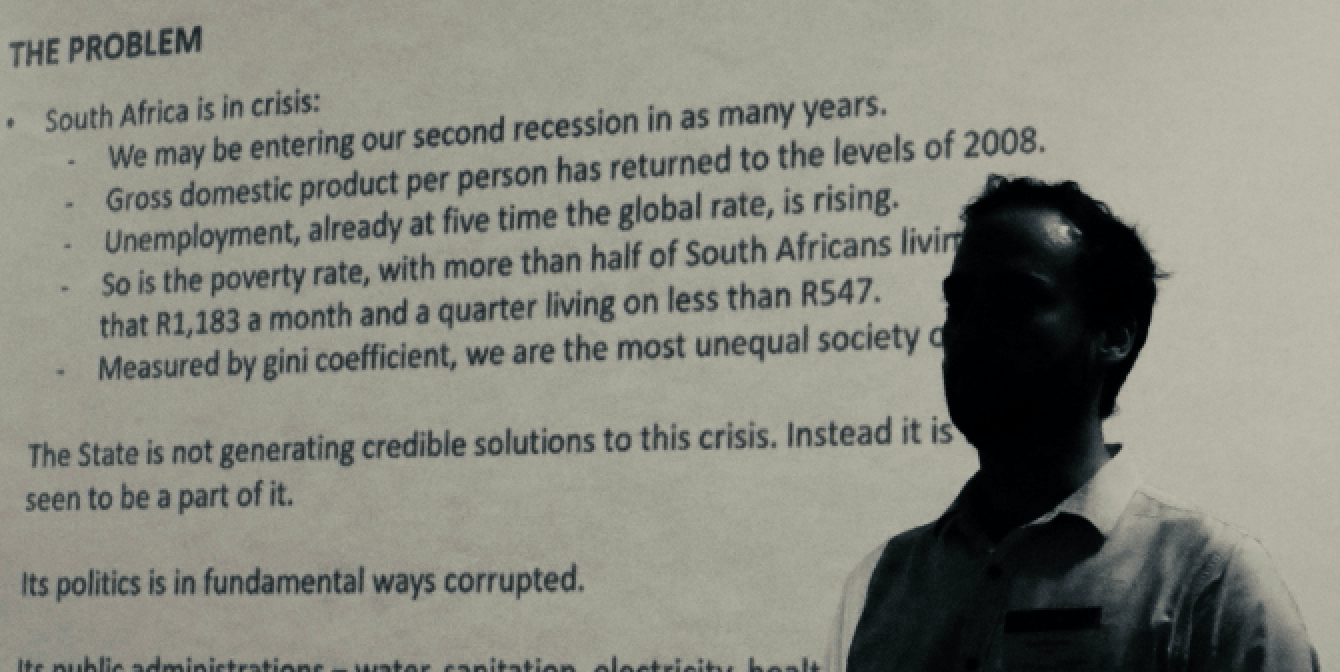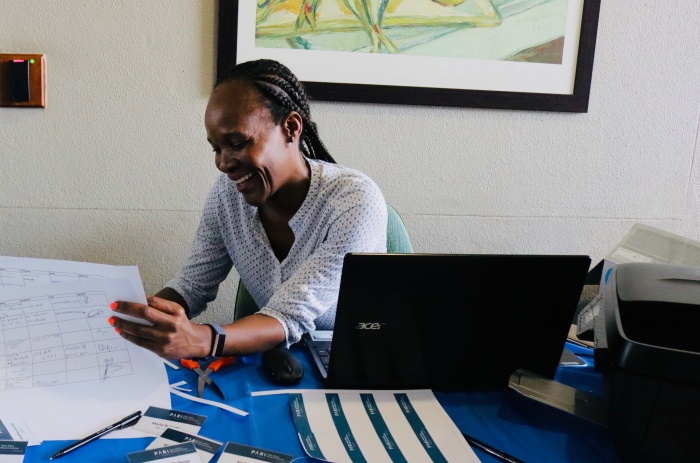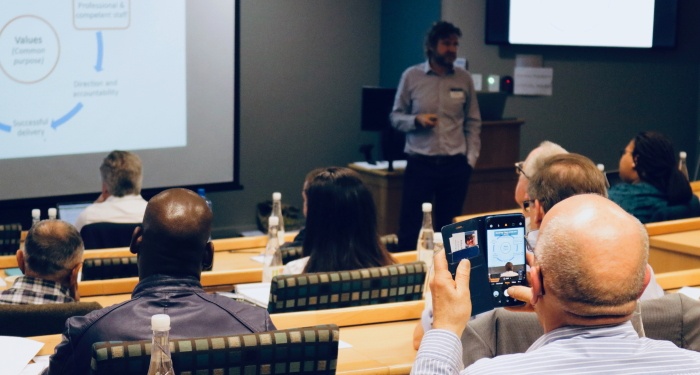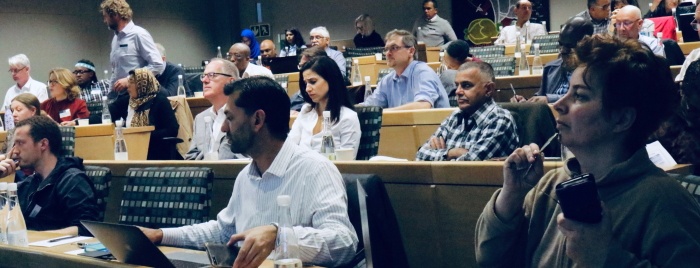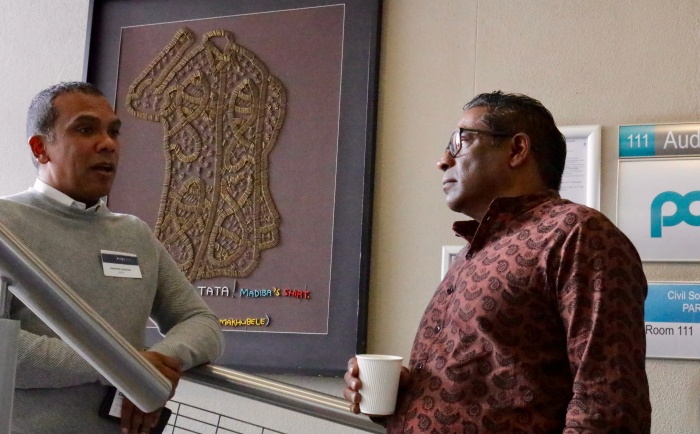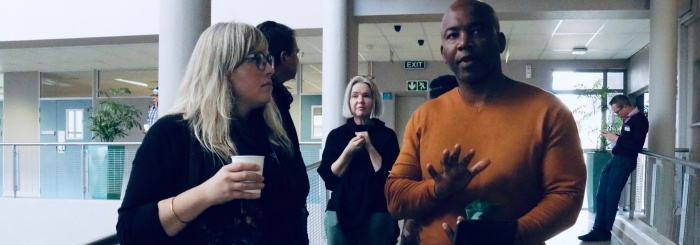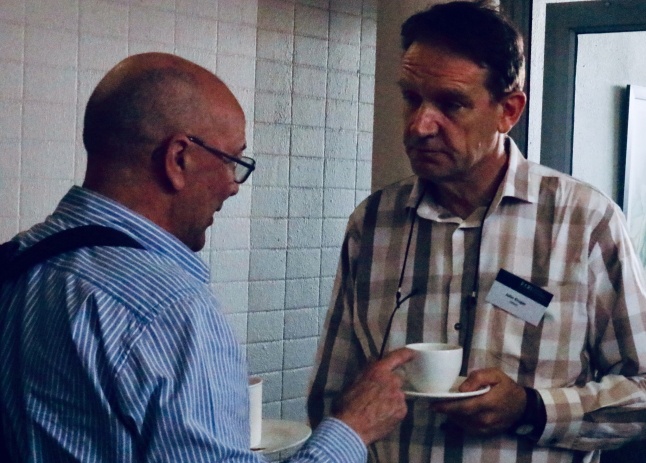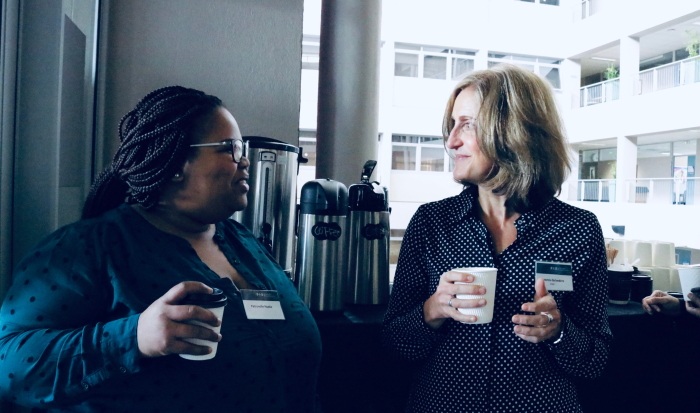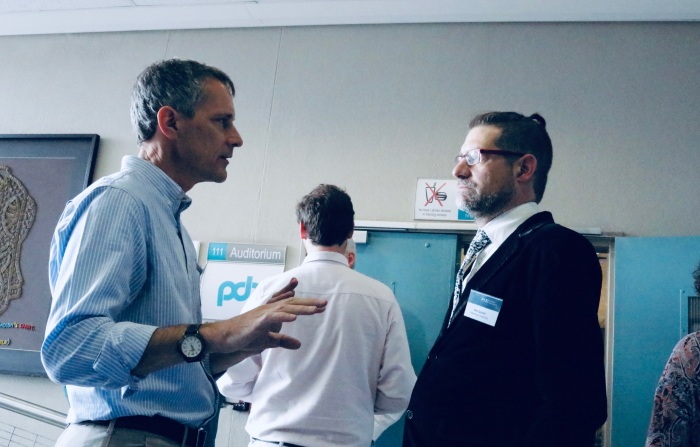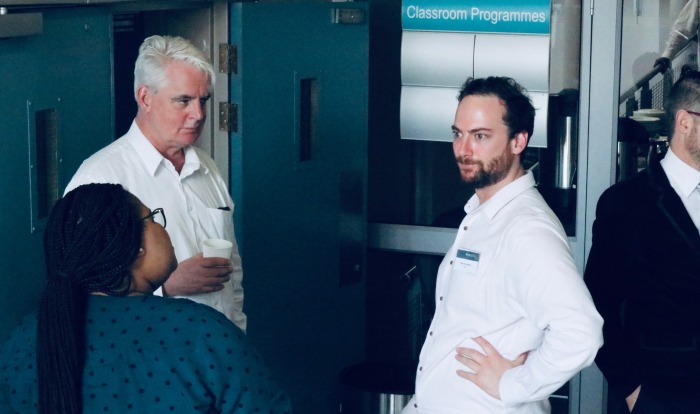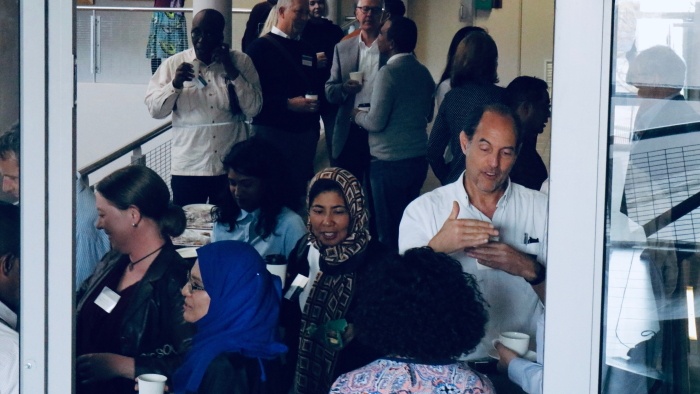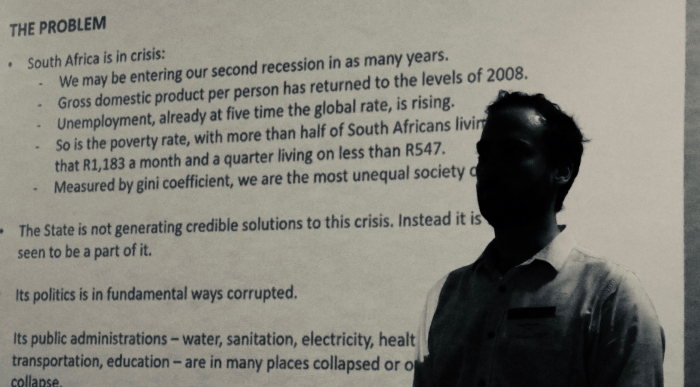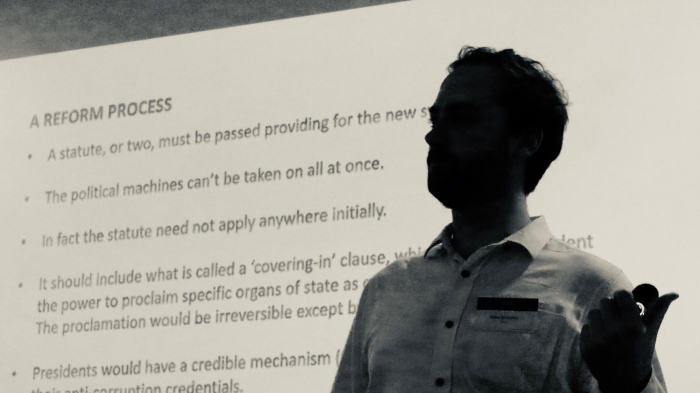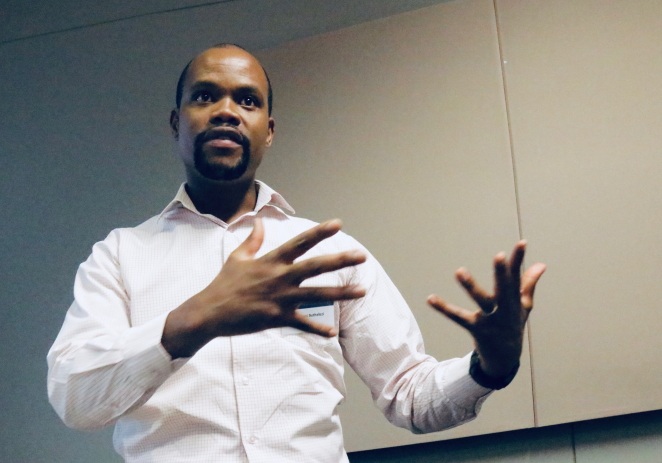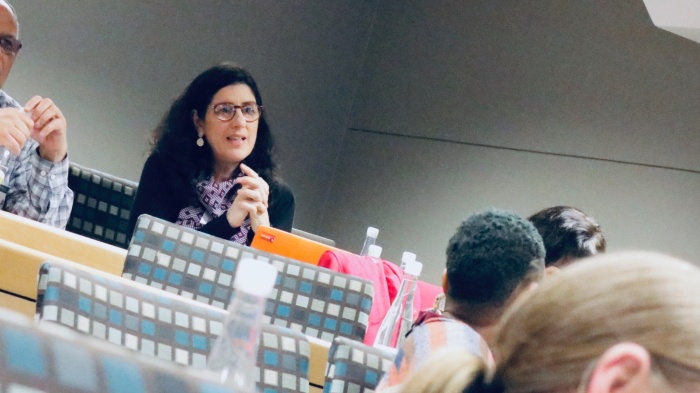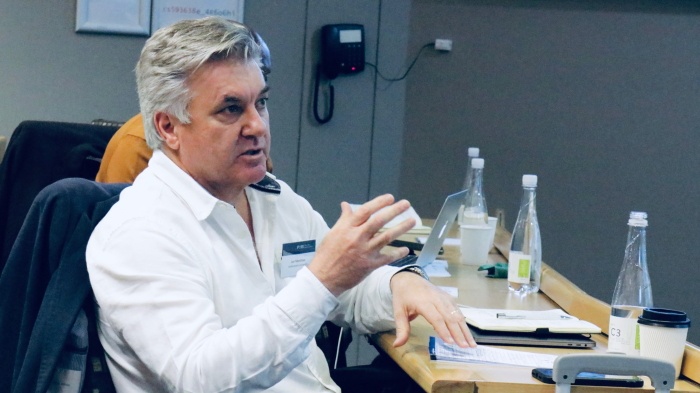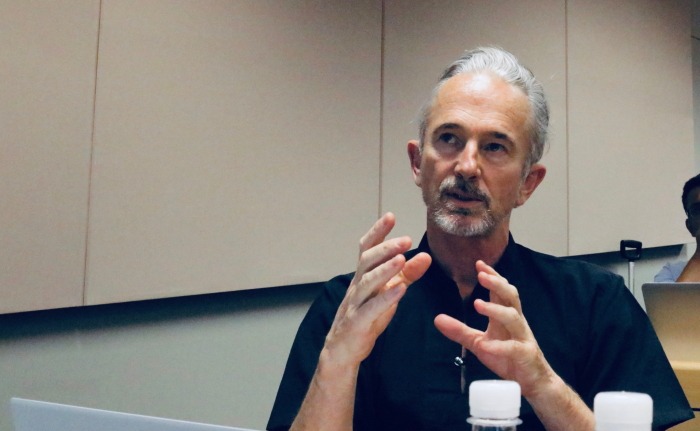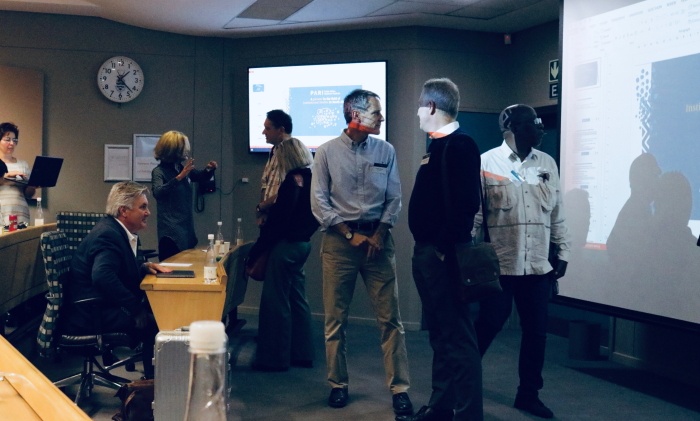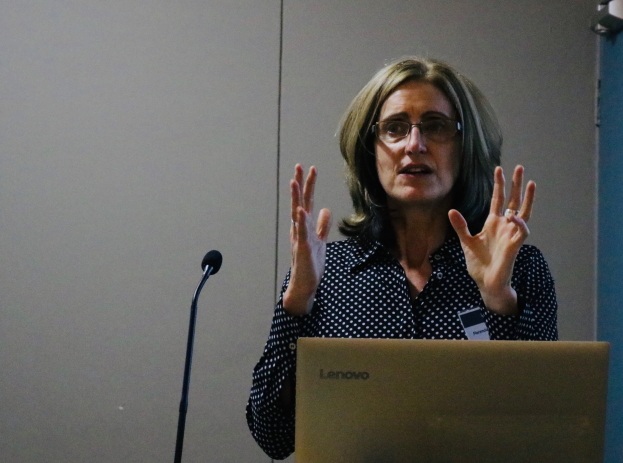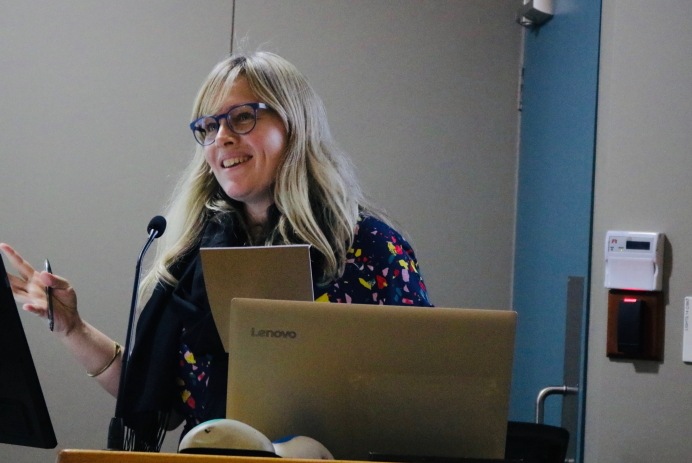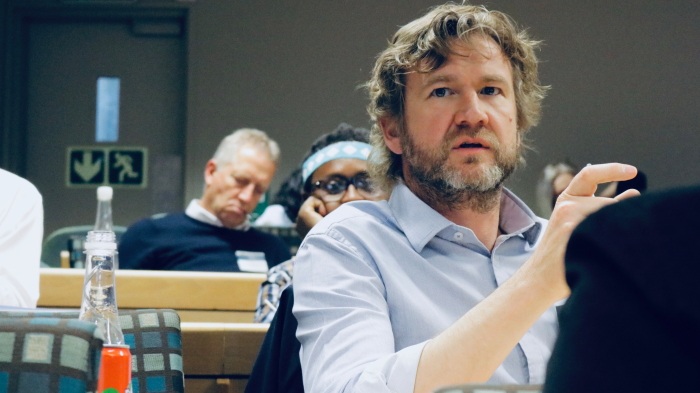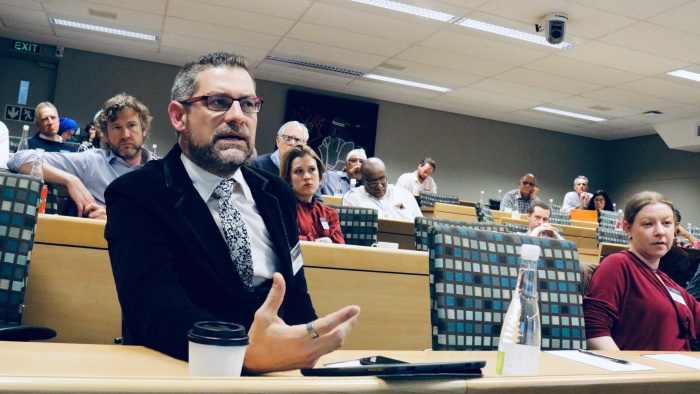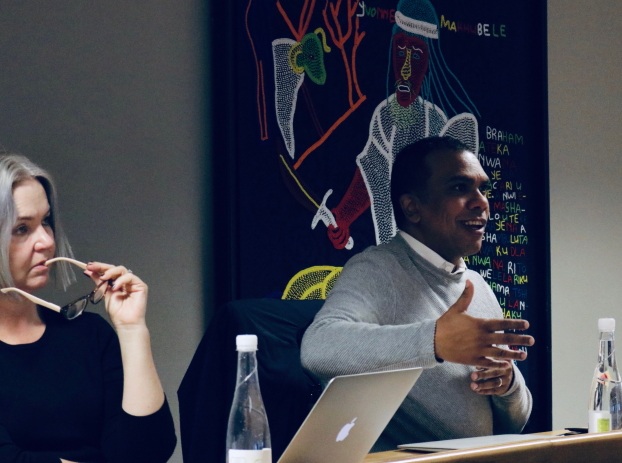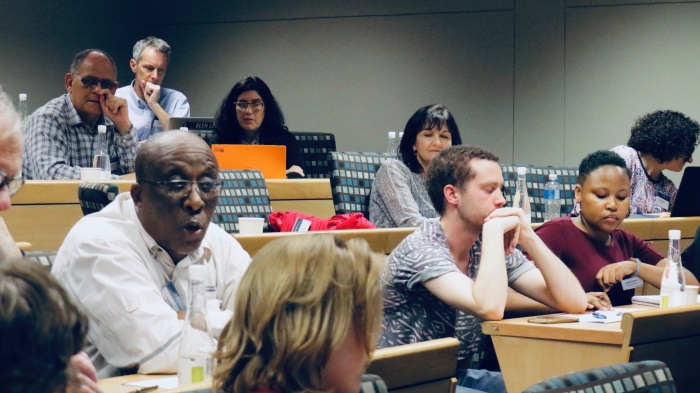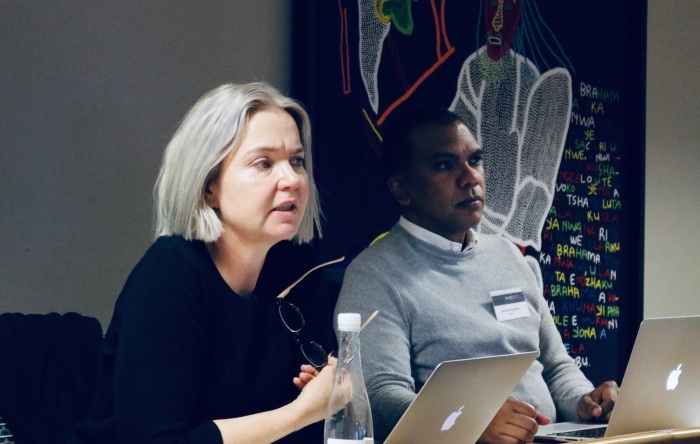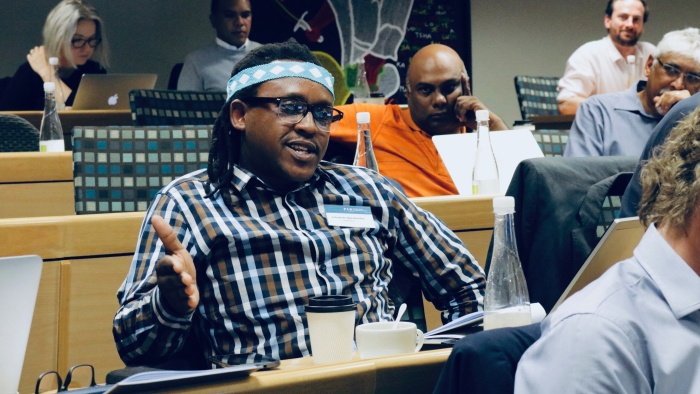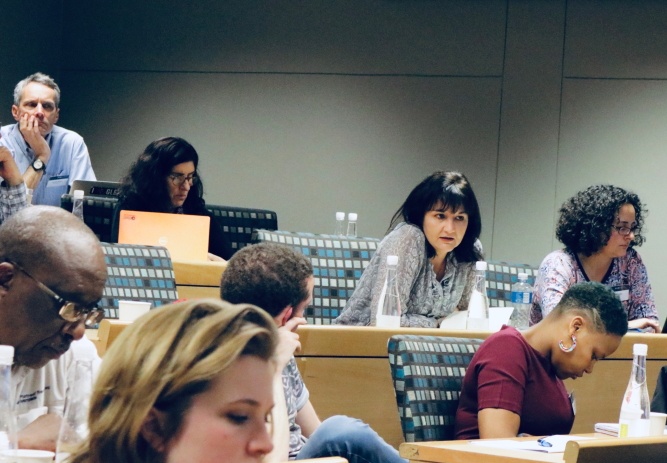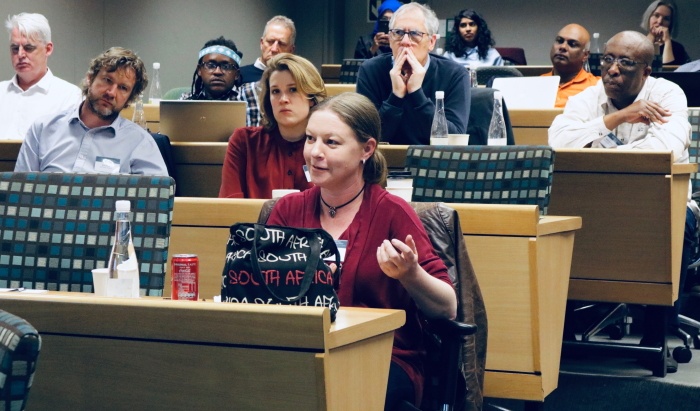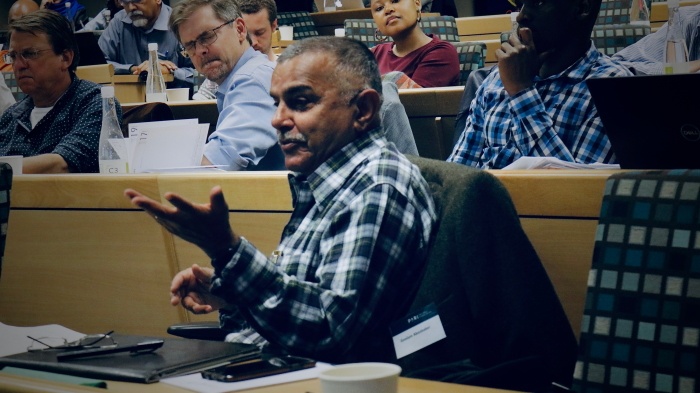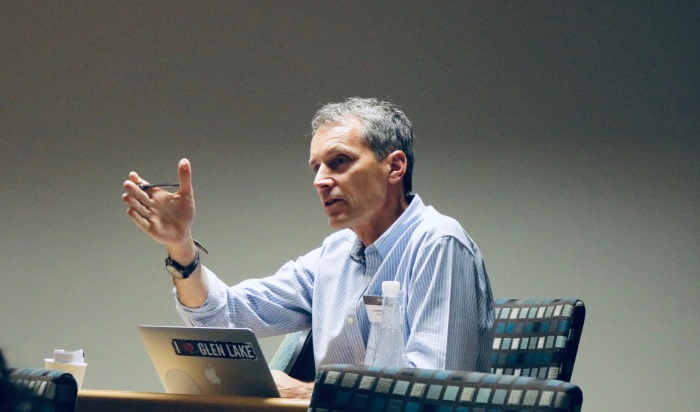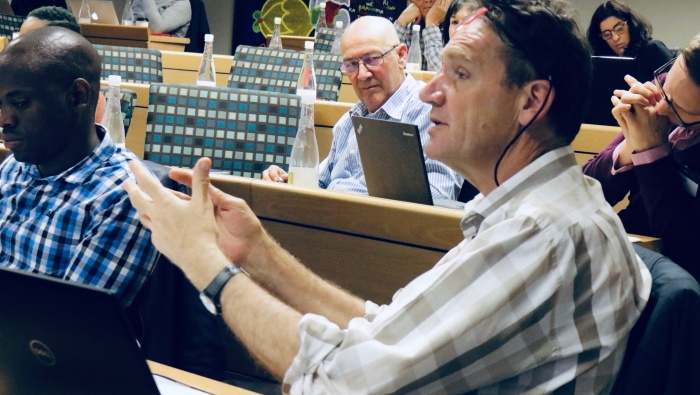On 21 August, PARI met with civil society organisations to discuss an alliance for state reform, and presented three working papers detailing proposals for reform in three key areas. This workshop follows on from the #AfterCapture campaign, and was the first engagement with civil society organisations and individuals towards an alliance to #FixTheState.
South Africa’s public institutions continue to be under attack. The dynamics of corruption and patronage politics, continue to undermine state policy-making, state capacities, and state accountability. Against this background, civil society currently has an unprecedented window of opportunity to influence the reconstruction of state institutions in ways that resolve the political crisis that has immobilised South Africa for almost a decade. Whilst civil society continues to mobilise in different forms, it is critical that these actions begin to be linked to institutional reform of the state.
Post-apartheid legislation has given wide discretion to politicians in the staffing of institutions in the criminal justice system and in the wider public administration: not just in the senior ranks of the administration, where appointments internationally are often (appropriately) political, but throughout the administration. A tried and tested means for asserting control over potentially resistant officials, its achievement has been a public administration that is now substantially transformed from the apartheid period. However, over the longer duration extensive politicisation of the public sector undermines administrative discipline and a focus on policy goals. A professional and appropriately insulated public administration has been a necessary condition for rapid development and effective redistribution globally. Appropriate insulation refers to insulation from private or factional interests, but responsive to democratic mandate – to the policies of the democratically elected government.
In relation to the above, the aim is to form an alliance of organisations that share an interest in the area of state reform and that are willing to work together to ensure that the public sector is professionalised, insulated from improper political interference and responsive to its democratic mandate.
Achieving these aims requires a number of different interventions spanning from working with state structures to enhance capacity building and ethical values, advocating for changes to legislation, linking community struggles to lack of state reform, lobbying political parties and public servants to push for specific reforms, and calling on Parliament to strengthen its oversight role.
The alliance is envisioned as a flexible and adaptable structure whose actions are informed by the work undertaken by different civil society organisations and other interested stakeholders. Its aim is to support existing work already undertaken in this space (e.g. in the area of prosecutorial reform; State Capture Working Group), rather than usurping existing work / networks. Further, whilst the initial focus of this alliance is on better insulating and professionalising the appointment and removal of personnel in the public service, municipalities, and in key criminal justice institutions, along with a focus on procurement, there is room to expand focus areas to issues such as SOEs, parliamentary oversight and the role of Chapter 9 institutions, among others, where important work is already being done by different institutions.

